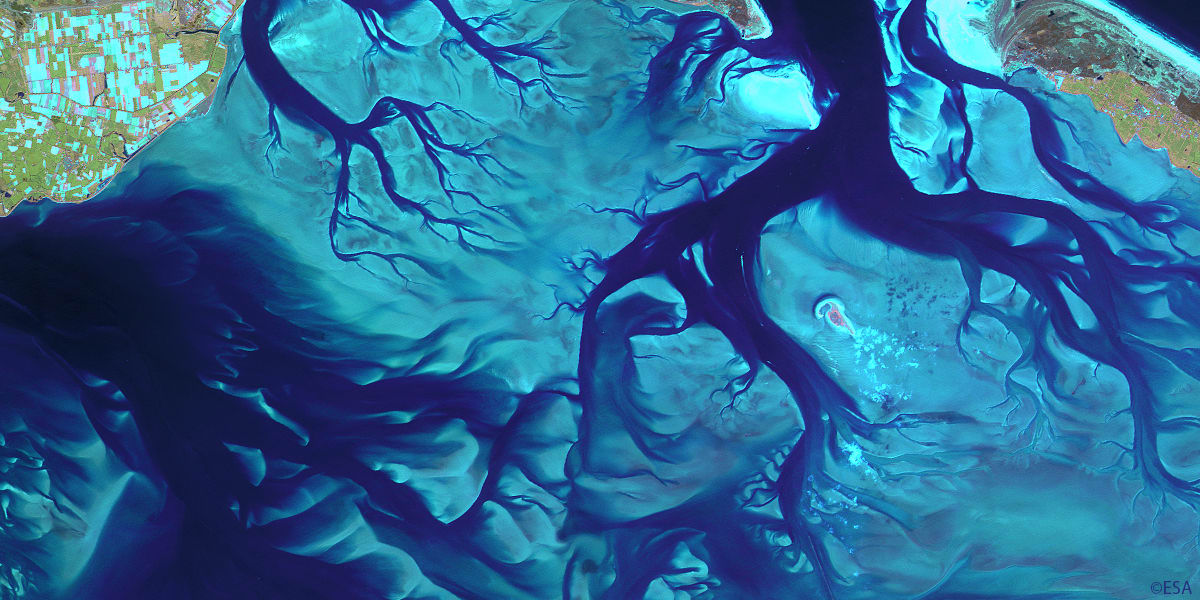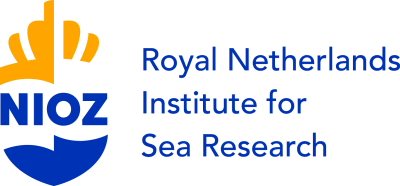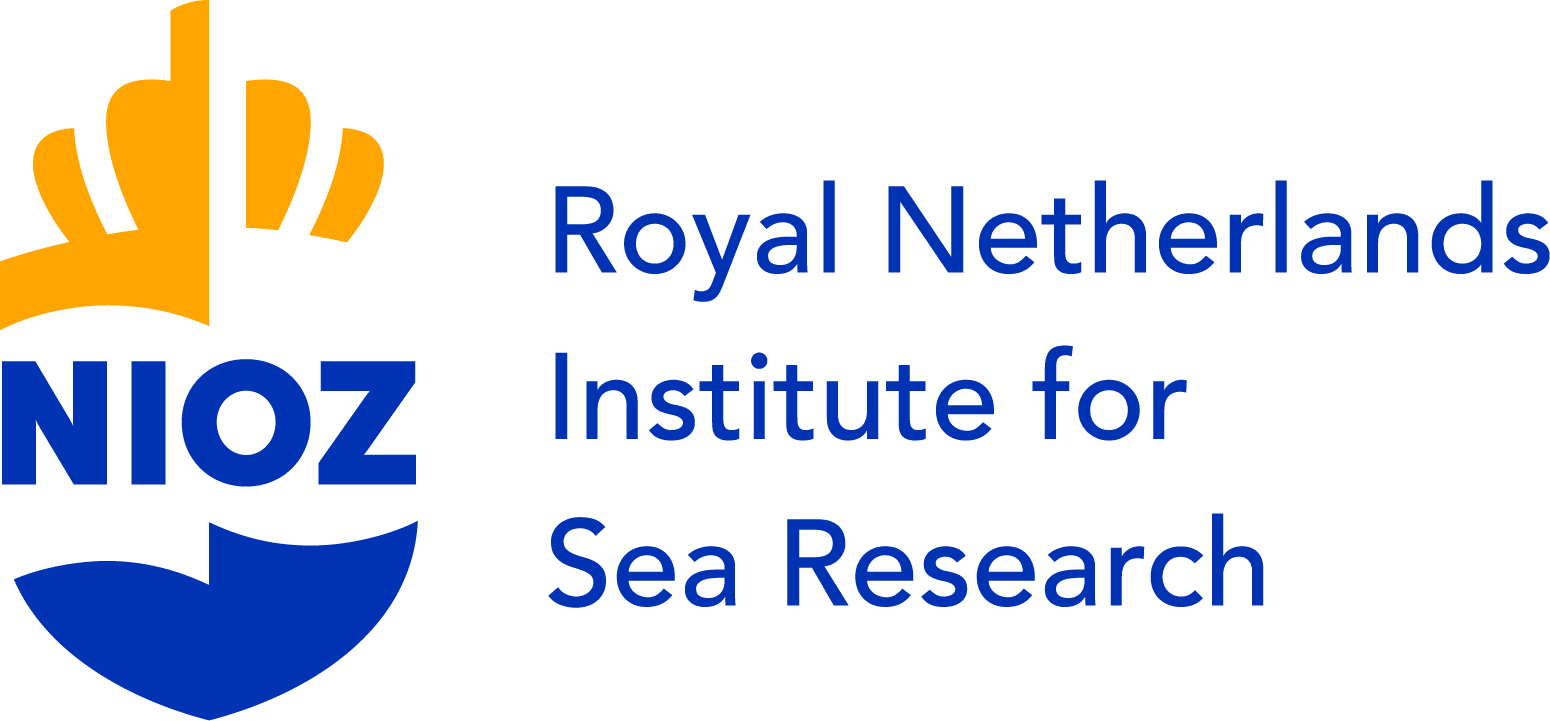
Postdoctoral Researcher in North Sea ecosystem modelling (32 months)
- Hybrid
- 't Horntje, Texel, Noord-Holland, Netherlands
- Coastal Systems (COS)
Job description
The Department of Coastal Systems (COS) of NIOZ is looking for a highly motivated and proactive postdoctoral researcher to carry out simulations with a hydro-biogeochemical model.
The Postdoc within the EU-funded Code Blue project will carry out model hindcasts following different scenarios using the marine lower trophic level model GETM-ERSEM-BFM. The hindcasts will contribute to an ensemble consisting of similar runs by different models carried out by project partners, and help disentangle the separate and combined contributions of climate change and sediment nutrient storage on eutrophication of the North Sea by anthropogenic nutrient loads.
A pro-active involvement in the project, the ensemble modelling and analysis is foreseen, as is attendance at the annual science meetings and separate side meetings when necessary. Close contact with other modelling partners within the project is encouraged and financial support for a short stay at one of the participating institutes is included in the budget. You are expected to publish your research results in peer-reviewed scientific journals and international conferences and actively participate in NIOZ divisional activities. The position aims to start on 1 September 2025 and will run for 32 months
ROYAL NIOZ
NWO-NIOZ Royal Netherlands Institute for Sea Research is the Dutch national oceanographic institute and principally performs academically excellent multidisciplinary, fundamental, and frontier applied marine research addressing important scientific and societal questions pertinent to the functioning of the ocean and seas. NIOZ includes the National Marine research Facilities (NMF) department that operates a fleet of research vessels and the national pool of large seagoing equipment, and supports excellence in multidisciplinary marine research, education, and policy development.
THE DEPARTEMENT
The Department of COS studies integral coastal ecosystems and their populations of fish, birds, and other marine animals in the North and Wadden Seas as well as on a global scale. The department focusses on key physical, chemical and biological processes that determine the productivity and the ecological functioning of coastal areas. The coastal system is studied as a unity by considering the interrelations between the key compartments of the ecosystem (water, sediment, microalgae, macrozoobenthos, parasites, fish and birds).
THE PROJECT
Marine eutrophication – excess nutrient inputs leading to excess algae growth and related oxygen depletion issues – is still a problem along many coastlines in Europe. Nutrient reduction measures implemented in the 1980’s have successfully reduced phosphorous inputs (mainly from sewage) while nitrogen inputs (mainly from agriculture) have proved harder to manage. As a result, N:P ratios have risen in coastal zones while eutrophication issues persist, negatively affecting marine resources and water quality management.
On the Northwest European Shelf regular eutrophication assessments are carried out by regional seas conventions like OSPAR and HELCOM. Although improvements in water quality were achieved in the last 50 years, work continues to find ‘maximum allowable’ nutrient inputs from land-based sources to reach good environmental status. But the question remains why previous reduction measures have not been as successful as hoped. The Code Blue project investigates this issue by performing ensemble modelling hindcasts of the area using different scenarios to improve understanding of the role of climate change impacts and seabed nutrient storage in modulating eutrophication effects. This includes the question if the combined effects of these two processes are additive, synergistic or antagonistic. This knowledge will then be used by some of the partners to perform forecasts up to 2100 to quantify the impact of the changing climate and proposed nutrient reduction measures on the marine environment and assess the suitability of existing eutrophication assessment methods. Selected case studies will consider the future viability of marine economic activities or management.
The Code Blue project is an EU-funded project with 15 partners, including SMHI (project lead), IFREMER, IMR, Aarhus University, RBINS and Atlantic+.
Job requirements
THE CANDIDATE
You have a PhD in a relevant discipline
The ideal candidate has thorough scientific expertise in marine modelling, oceanography, marine biogeochemistry and lower trophic level dynamics
You have comprehensive experience with coding (ideally in Fortran). Experience with parallelisation and Linux clusters is an advantage.
You have a demonstrated ability to work with scripting software (e.g. Phyton, Matlab, R) for visualisation and analysis purposes
A research interest in, and proficient knowledge of, marine food web dynamics, biogeochemical fluxes, nutrient and carbon storage and the biological carbon pump is highly appreciated
You have a demonstrated ability to work accurately, are well-organized, and can adapt to developing insights
You are highly self-motivated, and able to work both independently and as part of a team
You have excellent cognitive and communication skills (in English) and have first-author publications in peer-reviewed journals and have presented at scientific meetings and conferences
We want to be a transparent institute with a healthy working climate and an inclusive culture, where people from diverse backgrounds and gender bring their talents and further develop these talents. We aim for inclusive decision-making processes and expect our leadership to show visible commitment, awareness of bias, and cultural intelligence.
CONDITIONS
Employment of this full-time position at Royal NIOZ is by NWO-I for a duration of 32 months.
Salary compliant with CAO-WVOI (Collective Labour Agreement for Dutch Research Institutes) scale 10 or 11 depending on relevant experience.
The freedom to fulfill your role and space and opportunities for your personal (talent) development with the help of the NIOZ Academy.
338 annualized holiday hours for a full-time 40-hour work week.
Pension scheme via ABP, 8% holiday allowance and a year-end bonus of 8.33%.
2nd class public transportation travel is reimbursed 100%.
Employment benefits plan to exchange a portion of your salary for days off or vice versa, or can be used to purchase a bicycle with tax benefits.
We offer relocation expenses for employees coming from abroad and support with finding accommodation.
MORE INFORMATION
For additional information about this vacancy, please contact Dr. Johan van der Molen. For additional information about the procedure, please send an e-mail to working@nioz.nl.
The deadline for applications is 7 September 2025. Interviews are planned for 7 October 2025.
or
All done!
Your application has been successfully submitted!

